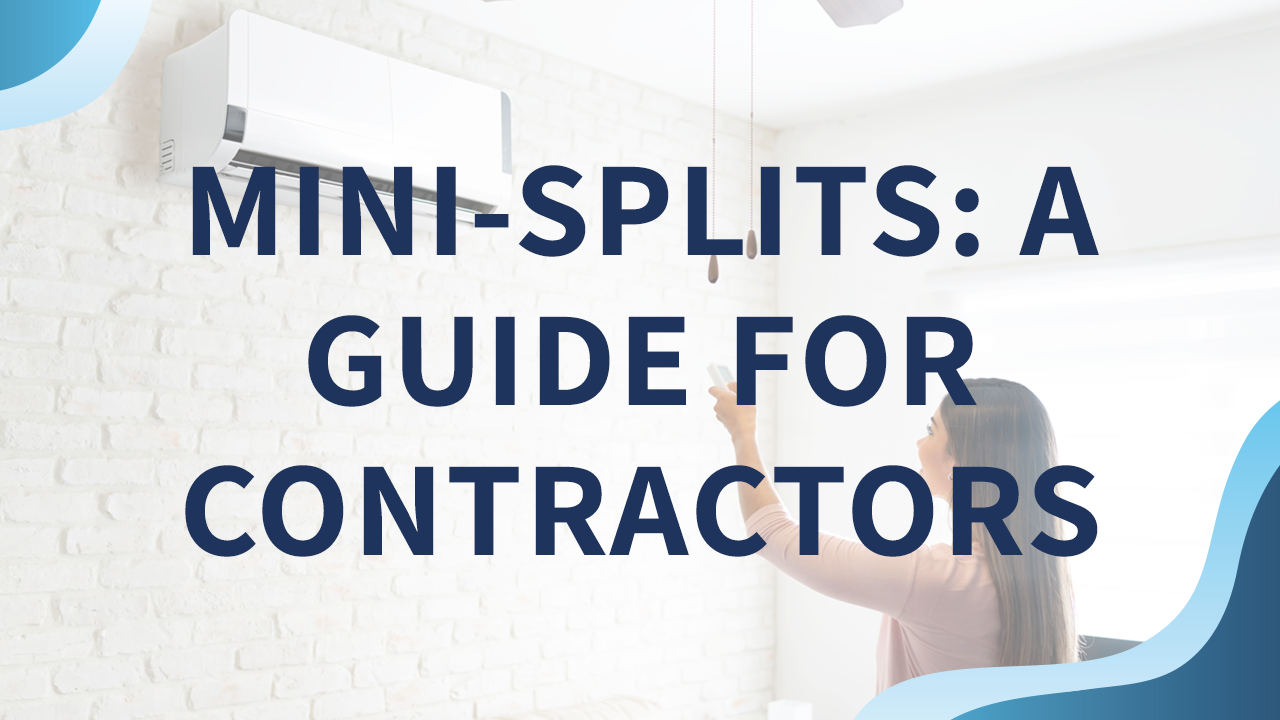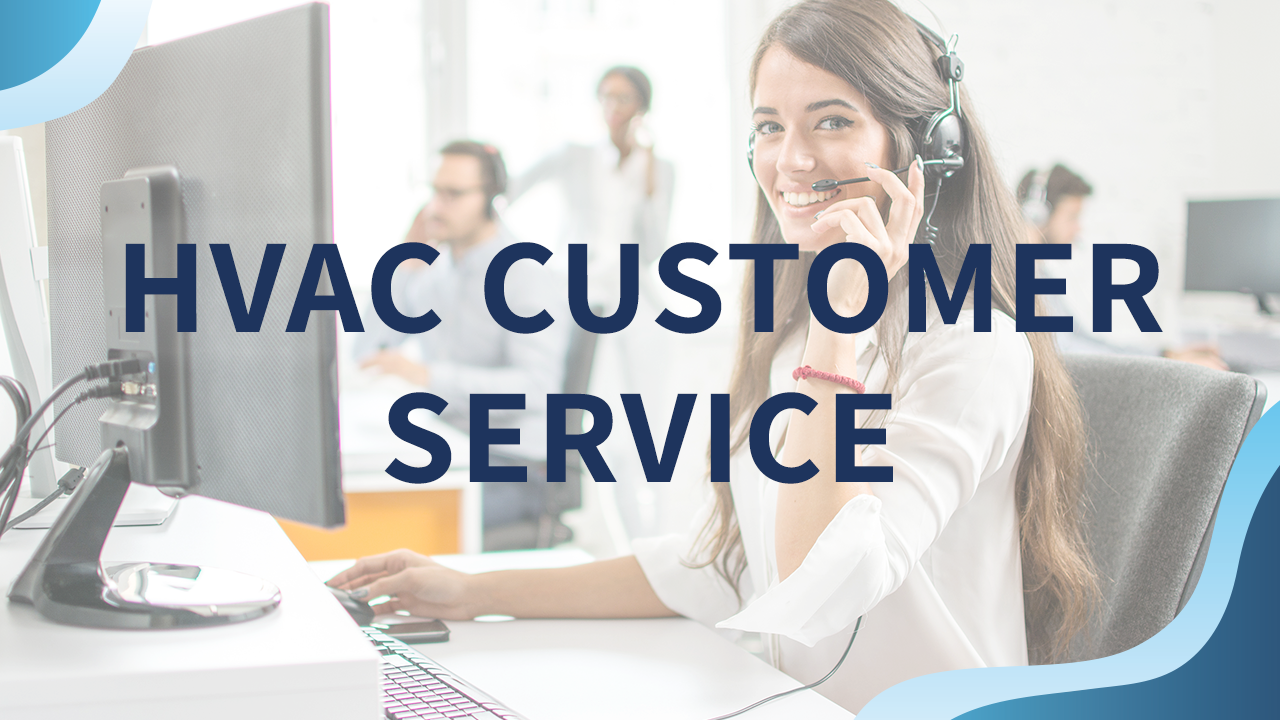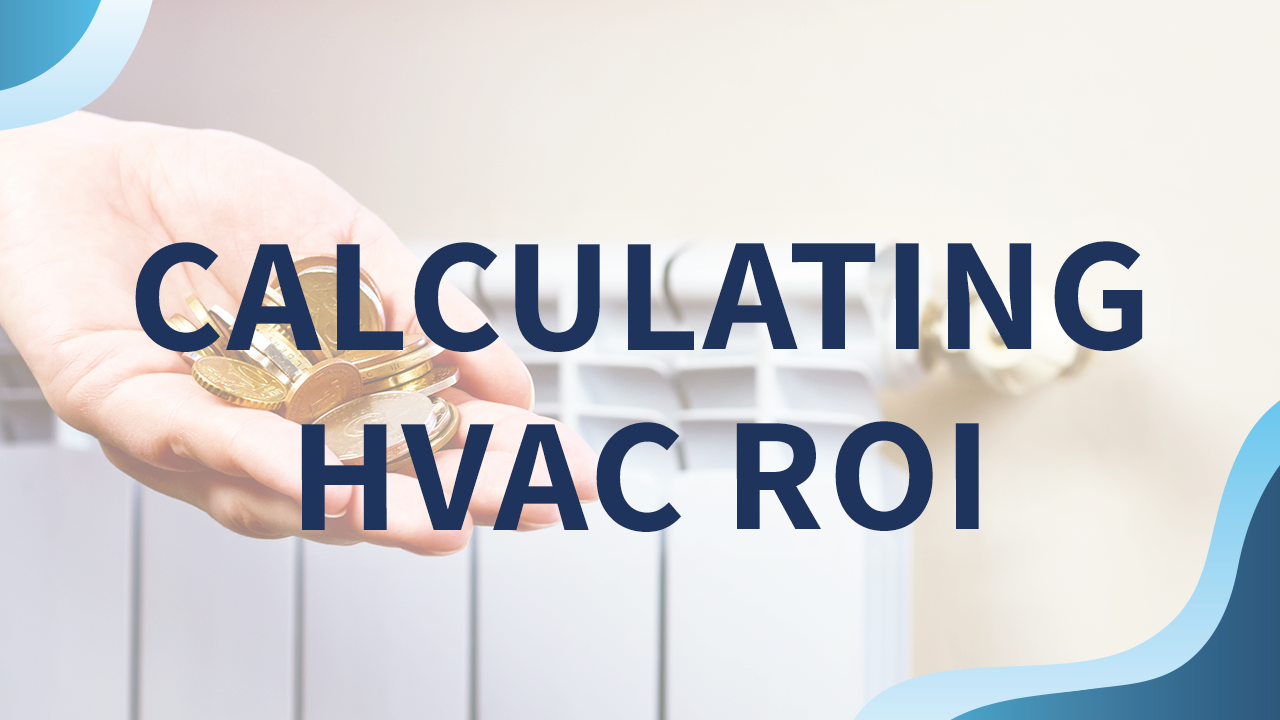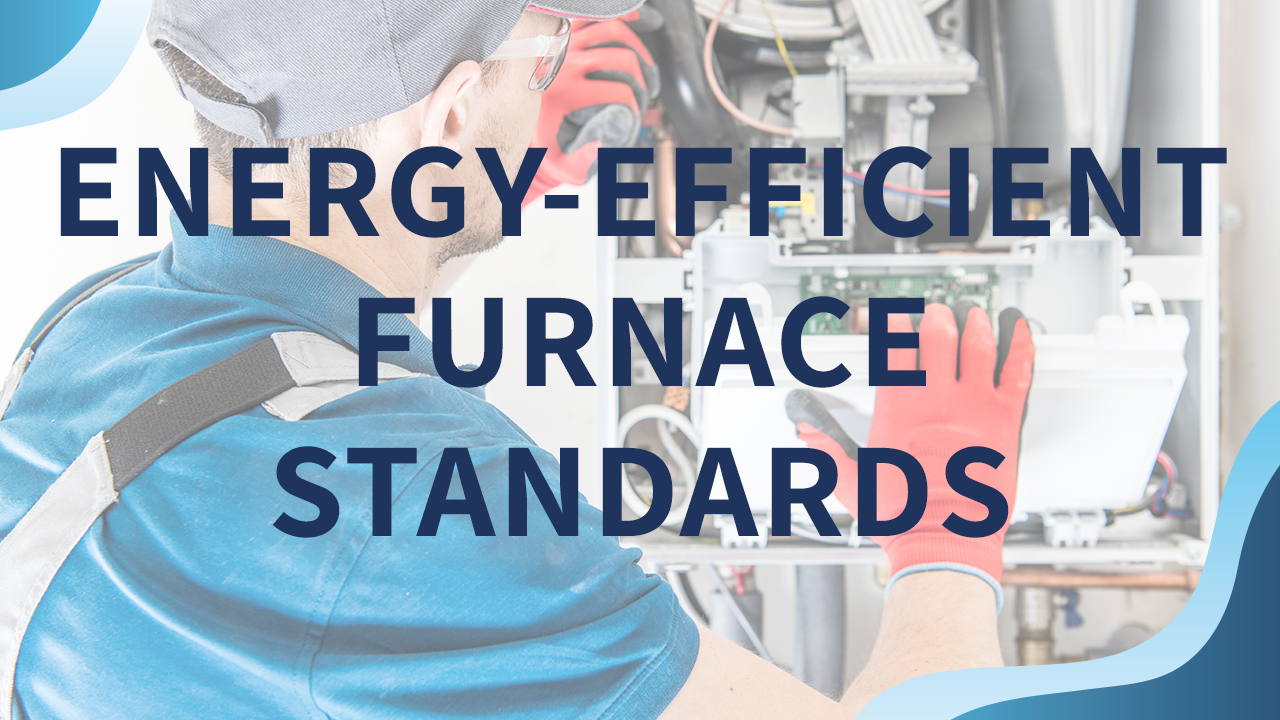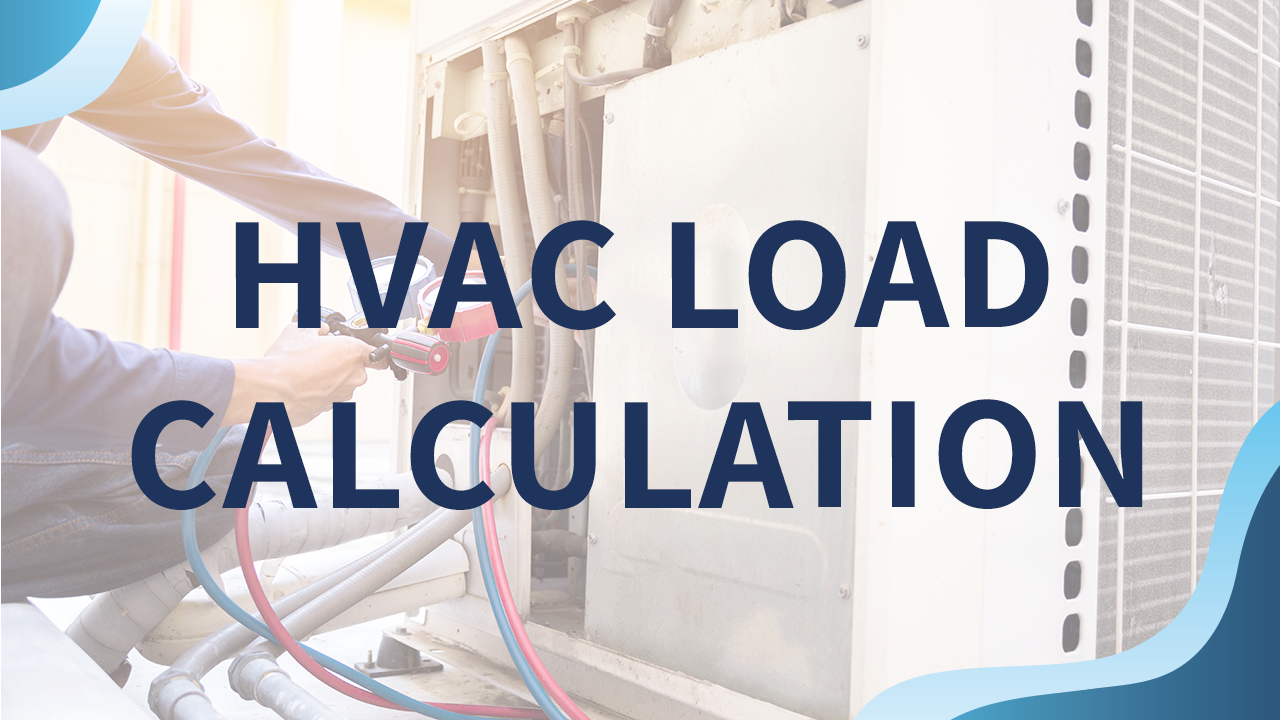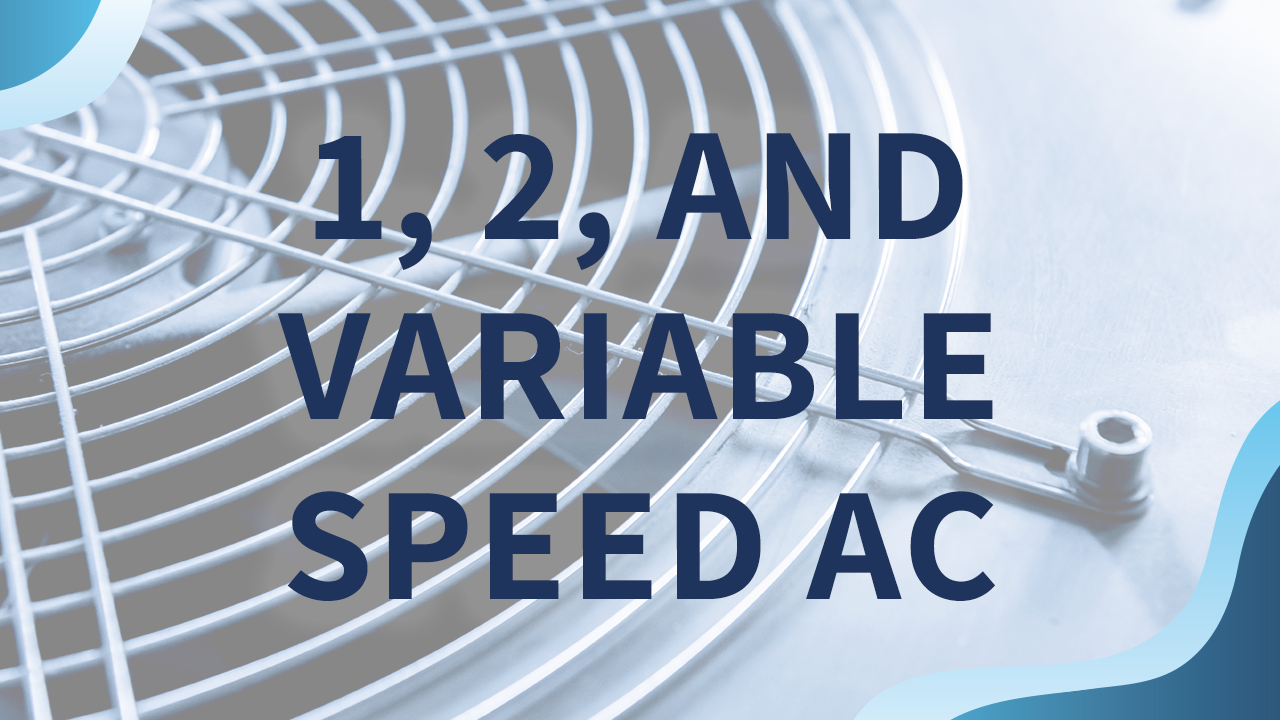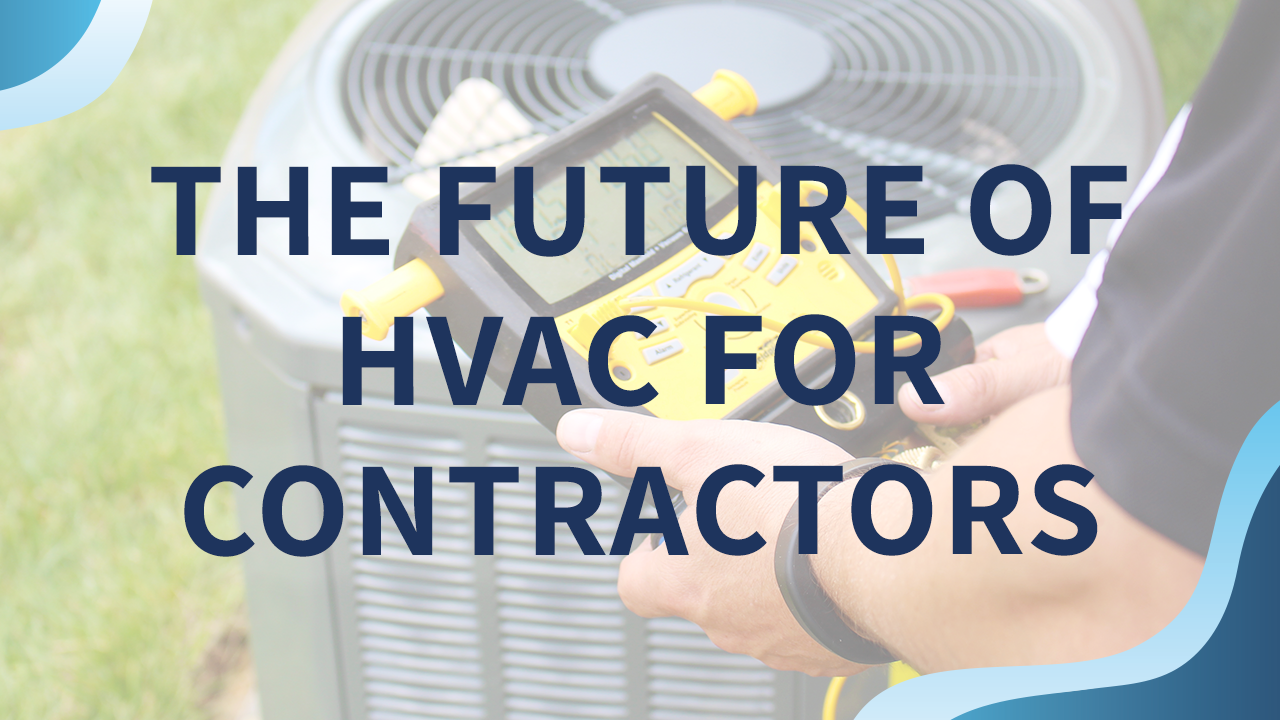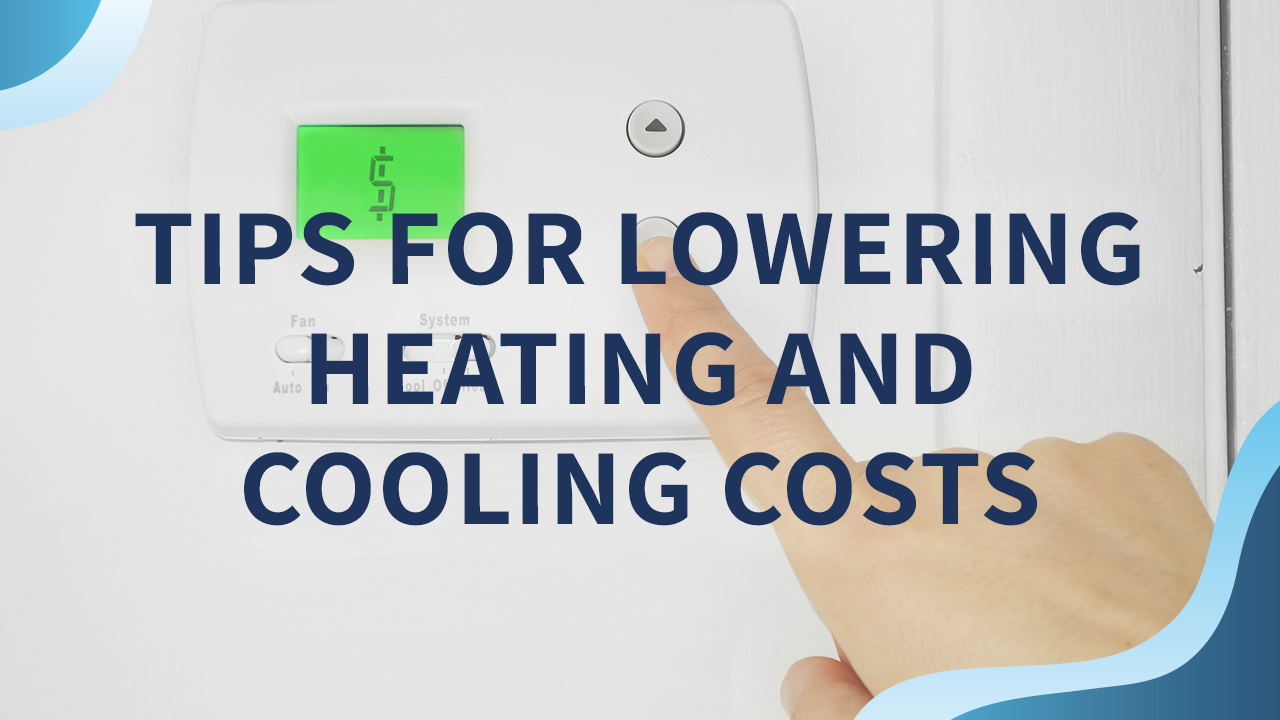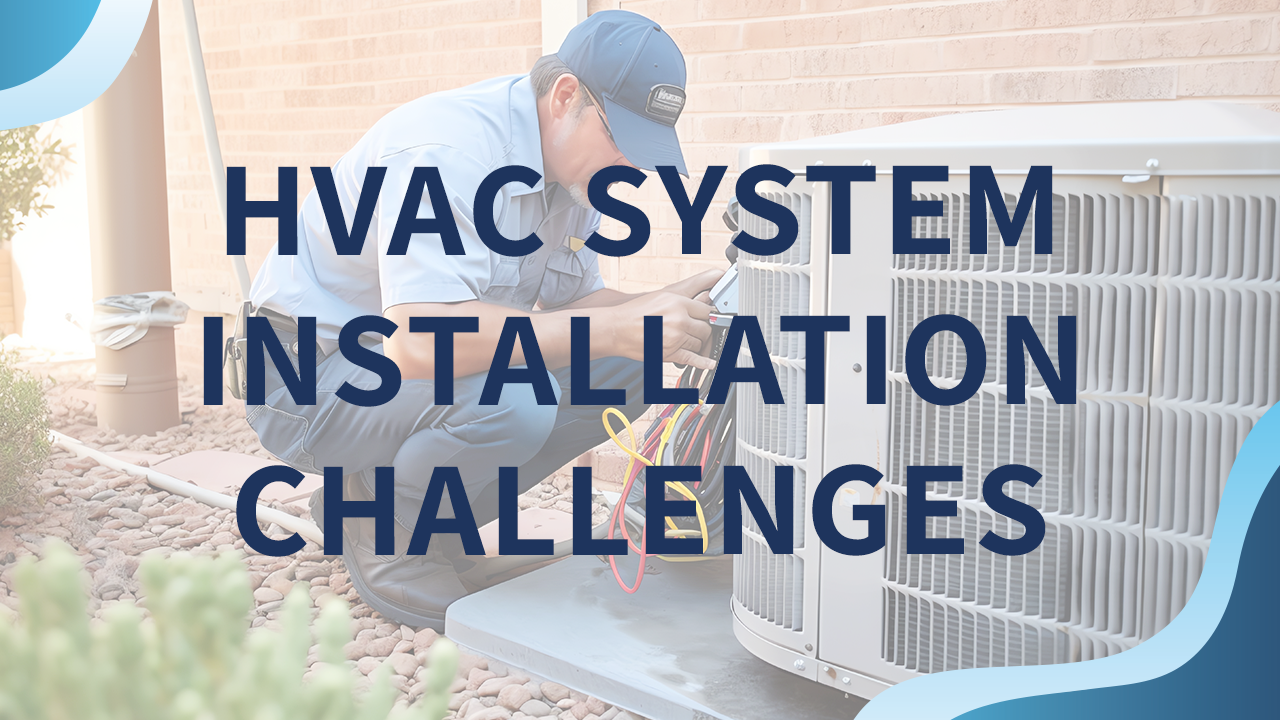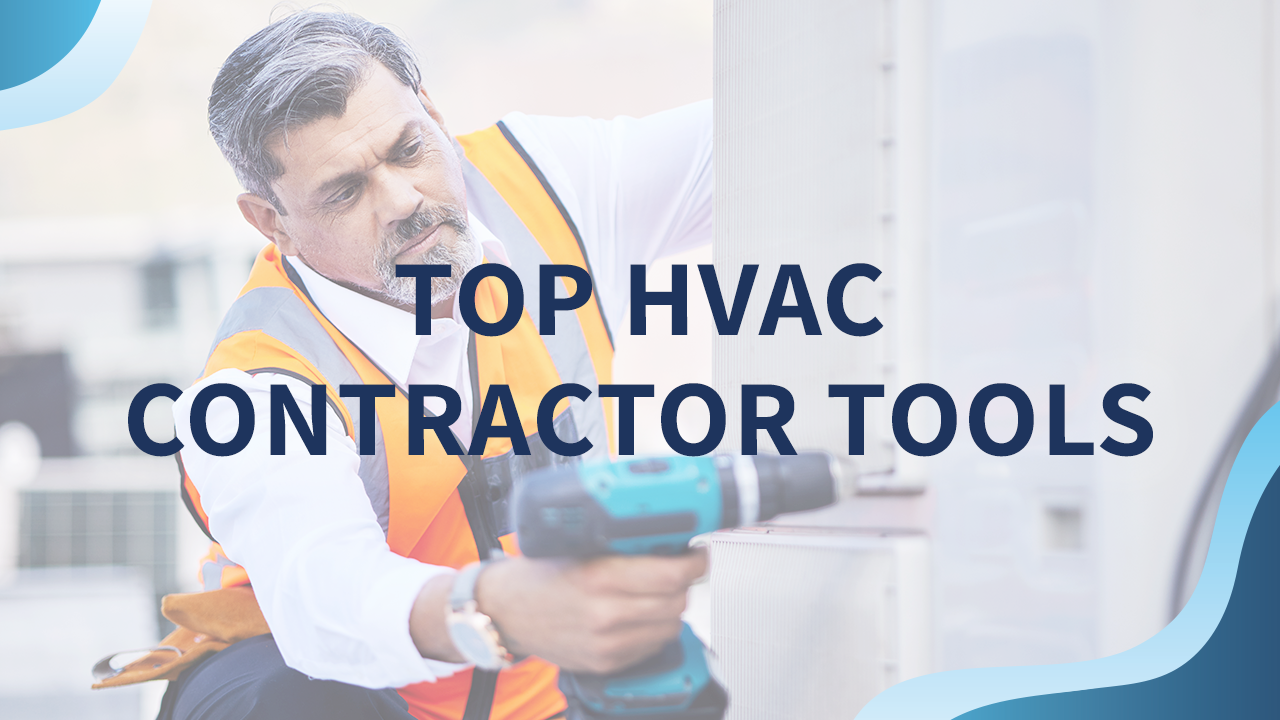Neglecting preventive maintenance can initiate a series of issues. These issues can be silent and end up causing more problems than you started with. Between living in our homes, working at the office, eating at restaurants, or grocery shopping, we spend an accumulation of about 90 percent of our time indoors which means HVAC systems can affect us more than we think. Regardless of if you’re a homeowner, multi-unit property manager, or a commercial property owner, attending to preventive maintenance can positively impact everyone.
Below are 3 reasons why staying on top of preventive maintenance is worthwhile:
1. Improves IAQ and Decreases Risk of Sick Building Syndrome
Indoor and outdoor pollutants and substances can be hiding in your home. Cleaning supplies, combustion sources, VOC’s, mold, and pet dander are common contaminates that can affect your indoor air quality. The concentrations of some indoor pollutants have increased in recent decades due to factors such as energy-efficient building construction – making IAQ maintenance imperative.
Performing preventive maintenance on humidity and ventilation systems as well as regularly replacing air filters ensures optimal IAQ. Running a clean system helps all HVAC components perform effectively and improves the building environment for occupants.
If you neglect IAQ maintenance, occupants can develop adverse reactions such as allergies, dizziness, nausea, fever, and other illnesses as a result from sick building syndrome. An article in HVAC informed stated that, “poorly maintained systems can be the cause of many health complaints which can cost companies thousands each year.” Not only is preventive maintenance beneficial for HVAC systems and occupant heath, but it can end up saving you thousands.
2. Increases Energy Efficiency
Multiple studies have been conducted regarding the correlation between HVAC maintenance and energy efficiency. The New Buildings Institute studied variables such as HVAC system setpoints and schedules, economizer operation, as well as ventilation controls and settings across different U.S. climates. The study found that “those who use best practices in building maintenance and operations reduce their energy usage by 10 to 20 percent across all climate zones in the United States.” However, those who maintained poor maintenance practices can consequently increase their energy usage by 30 to 60 percent.
In a report from Portland Energy Conservation Inc., commercial buildings that retain “building operation and maintenance programs specifically designed to enhance operating efficiency of HVAC and lighting systems can save 5 to 20 percent on energy bills without significant capital investment.” As HVAC systems use the most energy in buildings, investing even a small amount of money into maintenance can end up saving you more in the long run on energy.
3. Increases Equipment Lifespan
New HVAC systems can be expensive, and you want to protect your investment as long as possible. Ignoring your preventive maintenance can leave you with emergency repairs, take years off your system’s life, and leave you without heat or cool air in extreme temperatures. In an article featured in ACHR News, Howard McKew, President of Building SmartSoftware and an ASHRAE Fellow, stated when discussing HVAC maintenance that, “lack of preventive care can translate to nearly half off an expected lifespan and a 25 percent drop in operating efficiency.”
It’s important to prioritize seasonal maintenance and follow a checklist to ensure you’re on track. Even simple tasks can make an impact. For example, a quick yet effective task during HVAC maintenance is to replace your air filter. When your air filter is clogged, it causes the entire system work much harder to circulate air which puts strain on the blower and can cause overheating and malfunction. Identifying issues during preventive maintenance services and implementing simple fixes can avoid larger issues and extend the life of your system.

